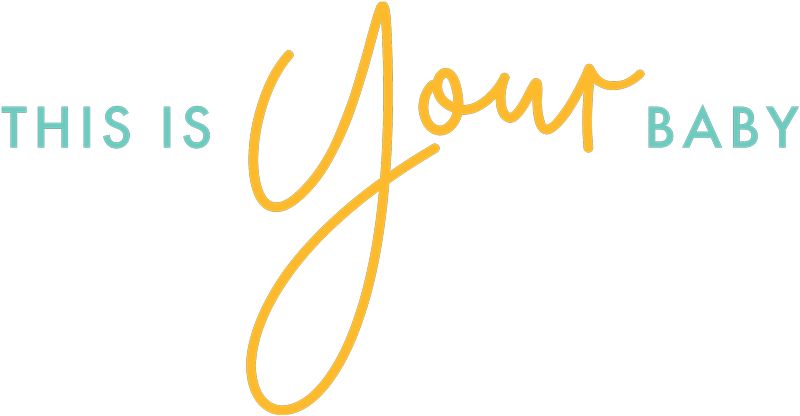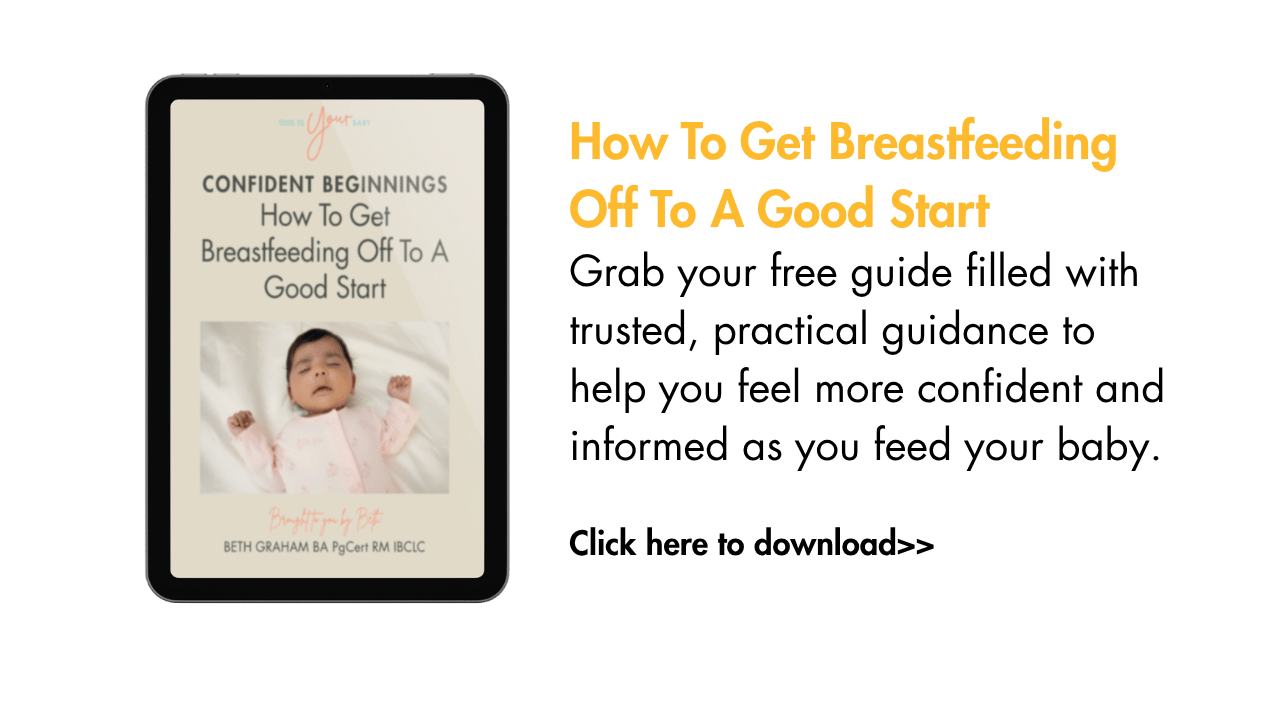How Long Should I Breastfeed?
Jun 26, 2025
When it comes to baby care, it often feels like everyone has an opinion - and breastfeeding is no exception. With so much conflicting advice out there, it can be hard to know what’s right. This guide is here to help you feel more confident and informed as you make the decision that’s best for you and your baby.
Because at the end of the day, what matters most is that you feel good about your feeding journey. No guilt. No pressure. Just support. However you choose to feed your baby, you are doing a brilliant job.
What Do the Experts Recommend?
Both UNICEF and the World Health Organisation (WHO) recommend exclusive breastfeeding for the first six months of your baby’s life - that means just breast milk, no other food or drink. After six months, they suggest introducing solid foods while continuing to breastfeed for up to two years or longer if you and your baby are happy to keep going.
There is clear evidence that breastfeeding beyond six months brings important benefits. For your baby, it can lower the risk of ear infections, childhood obesity, and even certain types of cancer later in life. For you, it reduces your risk of breast and ovarian cancer, osteoporosis, type 2 diabetes, high blood pressure, and heart disease.
What Are the Statistics in the UK?
Most families in the UK begin their journey with breastfeeding, but few continue beyond the early weeks. In fact, the UK has one of the lowest breastfeeding rates of any developed country.
According to a 2010 UK-wide infant feeding survey conducted by UNICEF:
- 81% of babies were breastfed at birth
- At six weeks, 55% were still receiving any breast milk
- Only 24% were exclusively breastfed at six weeks
- By three months, exclusive breastfeeding had dropped to 17%
- At six months, only 34% of babies were receiving any breast milk
- Just 1% were still exclusively breastfed at six months
So if you’ve struggled or stopped earlier than you expected, please know you’re not alone.
You’re Not the Only One Struggling
So many mums I meet tell me they feel like they’re the only ones having a hard time. They imagine everyone else is breastfeeding with ease, but the numbers tell a different story.
Struggling with breastfeeding is common, not the exception. And those early days can feel like a whirlwind of conflicting advice, sore nipples, breast pain, exhaustion, and worry that baby isn’t gaining enough weight. If your milk supply is low and the pressure to breastfeed exclusively feels overwhelming, it’s completely understandable to feel like you’re at breaking point.
It’s okay to ask for help. In fact, it’s vital. You don’t need to do this alone. Please reach out to a breastfeeding support group, a drop-in clinic, or an IBCLC lactation consultant (like me). Sometimes just having someone alongside you to guide and reassure you can make all the difference.
So Why Breastfeed?
Please don’t feel disheartened by the challenges, because breastfeeding, when it works for you, is beautiful.
Aside from the physical health benefits, there is something truly magical about the connection it brings. It’s a time of closeness, of comfort, of bonding. It’s free, it’s always ready (day or night), and it can be a powerful tool to soothe your baby when they’re unsettled or in need of reassurance.
Breastfeeding is not just about nutrition. It’s also about nurturing.
Getting Off to a Good Start
One of the best ways to feel confident about breastfeeding is to prepare in advance. Attending a breastfeeding class during pregnancy can make a huge difference. In our classes, we cover essential topics like:
- What a good latch looks and feels like
- How to harvest colostrum before birth
- The importance of milk transfer, not just sucking, but swallowing
- Understanding when to wake baby to feed and when to let them rest
- Knowing the difference between hunger and comfort
- Soothing techniques and when to offer the breast
- When and how to start antenatal colostrum harvesting (usually around 37 weeks, with your midwife or doctor’s OK)
I also recommend watching breastfeeding videos on trusted sites like www.ibconline.ca to see it all in action.
What If I’m Returning to Work?
Breastfeeding doesn’t have to stop when you go back to work, but it’s entirely your choice.
Some parents choose to express milk during the working day using a breast pump, and with the right support from your employer, this can work beautifully. Your workplace should provide a private space for pumping and a fridge for milk storage.
You might find a routine like this helpful:
- 7am: Breastfeed before leaving for work
- 10am, 1pm, 4pm: Bottles of milk pumped the day before
- 7pm: Breastfeed again at home
You would then need to pump at work around 10am, 1pm, and 4pm to keep your supply up and avoid blocked ducts or mastitis.
If that feels like too much, even one pump session per day, ideally around 1–4pm, can help while you are at work, and then in the day when you are with your baby they can then have a mix of breast milk, formula, and solid food (depending on their age and stage).
You could also choose to only breastfeed when you’re at home, offering formula or solids while you’re away. Or you might decide that it’s time to wean before returning to work. All of these are valid choices.
What matters is that you feel supported. If you’re thinking of stopping, do so gradually and seek help to avoid problems like blocked ducts or sudden drops in supply. Lactation consultants can support you with starting, continuing, and safely stopping breastfeeding. We’re here for all of it.
In Summary
Babies need either breast milk or formula until they’re six months old. From then on, you’ll begin introducing solid foods, but they still need milk (breast or formula) until they’re at least one, and after that you can continue to breastfeed for as long as you and your baby are still enjoying it.
You don’t have to decide today how long you’ll breastfeed. Just start, take it day by day, and see how you and your baby feel.
If you hit a bump in the road, please reach out. Support is here, and you don’t need to do it alone.
Whether you breastfeed for a few days or a few years - whether you express, combo-feed, or switch to formula - the most important thing is that you feel confident and informed about your choice.
This is your baby. You’ve got this.




